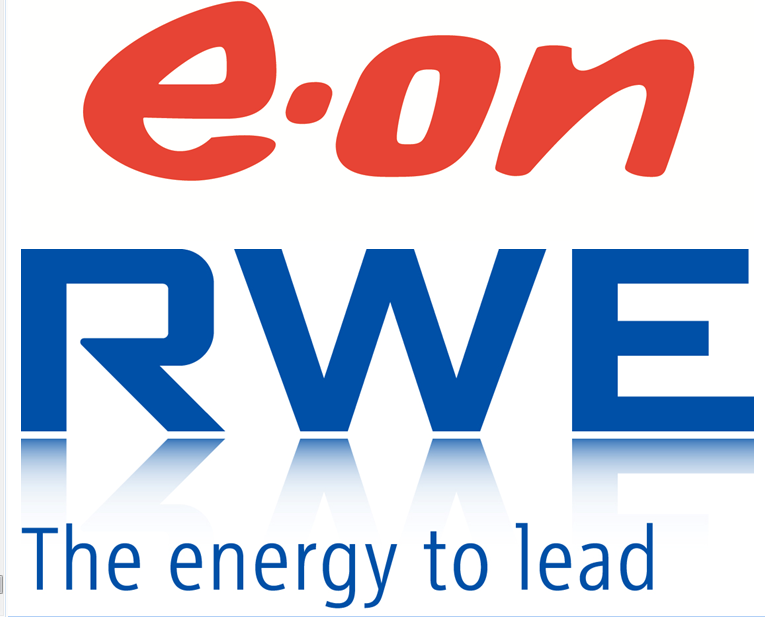One major problem with nuclear power generation is what to do with a nuclear power reactor once it has been permanently shut down at the end of its life. This is referred to as "decommissioning." The nuclear fuel has to be removed and disposed of. The reactor and the building that houses it have to be torn down and disposed of. Any contaminated soil has to be dug up and disposed of. In the U.S., the NRC required the operators of U.S. nuclear power reactors to set aside sufficient funds to pay for decommissioning. Currently the NRC is pressuring the owners of about one fifth of the nuclear power reactors to bring their decommissioning funds up to the level required by regulations. If there are not sufficient funds to decommission a power reactor at the end of its life, then the fuel is removed from the reactor and the whole site is boarded up and surrounded by a fence until money is available for full decommissioning.
Following the nuclear disaster at Fukushima, Japan in March of 2011, Germany decided to end its use of nuclear power. All the reactors in Germany are being shut down and the last one is supposed to be offline by 2022. Germany's decision to shut down all the nuclear power reactors did not sit well with the German nuclear industry. As the reactors have been turned off, the profits of the industry have inevitably fallen. The top utilities in Germany have filed lawsuits claiming that they are due billions of dollars in compensation for what they claim is expropriation. The utility E.ON has requested about eight and a half billion dollars. Another major utility, RWE, is thought to have asked for about six billion dollars.
The decommissioning fund for the German reactors currently requires about eighty-five billion dollars. Over forty billion dollars that have been provided by the utilities so far. The German government has asked a commission to come back by January with a plan for insuring that there are adequate funds for the decommissioning that has to take place. One of the options being discussed is to set up a public trust to hold the money.
Twenty-seven billion dollar is due from just E.ON and RWE. However, there is some doubt that those two companies have the assets to back up their share of the fund because electricity prices and stock prices have both been declining. It has been suggested that E.ON and RWE could transfer their stake in Urenco, a uranium enrichment company, to the trust. RWE could transfer nuclear power plants, equity and/or cash assets to the trust. Both E.ON and RWE have suggested that they would consider dropping the lawsuits if the German government would reduce the amount that they are expected to contribute to the decommissioning fund.
While the U.S. government has not called for shutting down all of the nuclear power plants in the U.S., there is still a danger that there will not be sufficient funds to decommission U.S. nuclear power plants as they reach the end of their licensed lifetimes. Even if the planned funds are available, they are only the estimated cost of decommissioning and the actual cost could well rise above the estimate by the time the money is needed. Either the taxpayers will have to foot the bill or we will wind up with mothballed nuclear power plants sitting around posing a danger to health and the environment.
